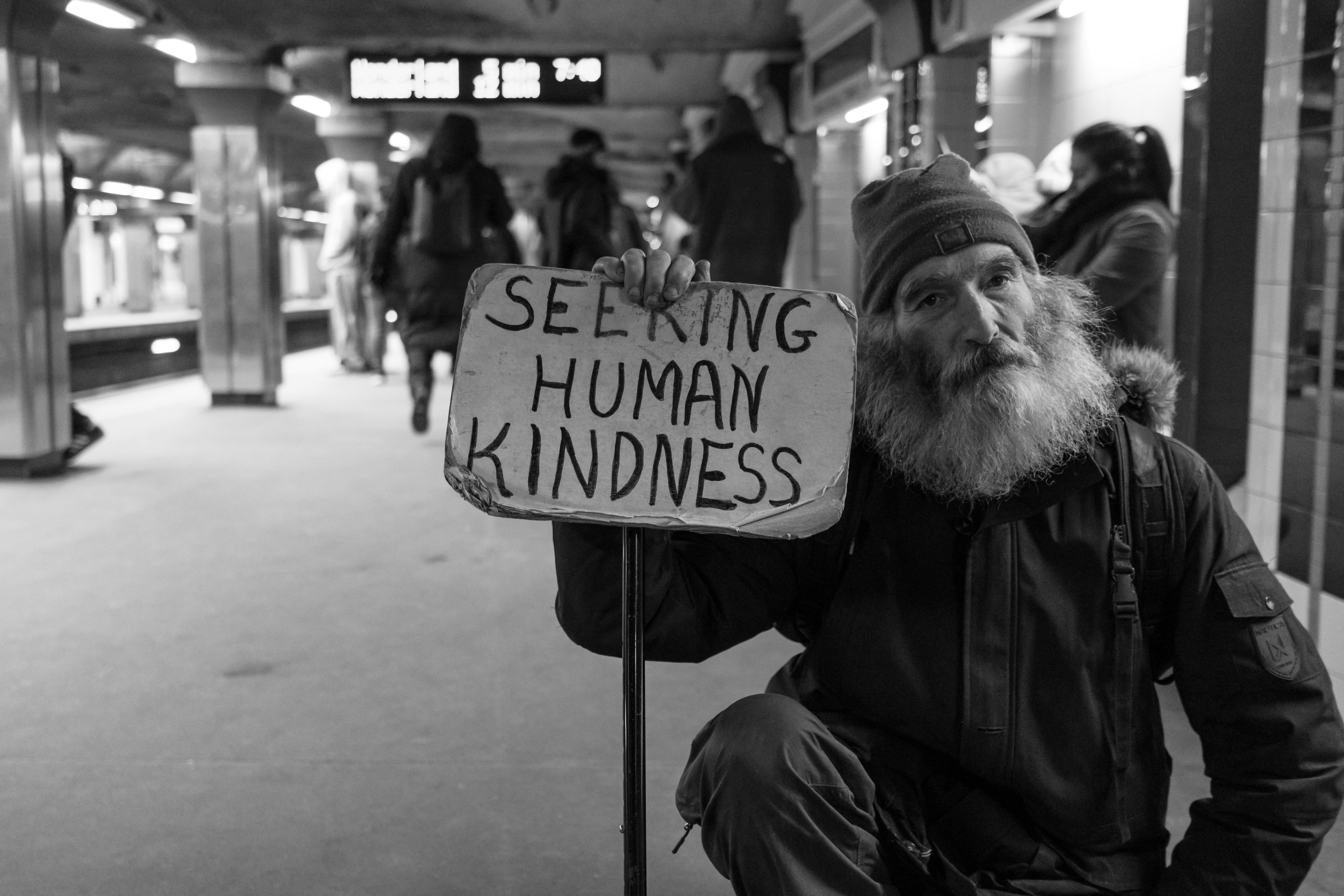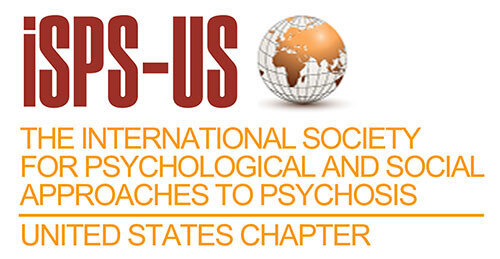
In preparation for SAMHSA's next Interdepartmental Serious Mental Illness Coordinating Committee (ISMICC) Virtual Meeting, ISPS-US's Advocacy and Executive Committee penned an open letter as part of SAMHSA's call for public comment. See below to read the letter in full.
Background
SAMHSA's next Interdepartmental Serious Mental Illness Coordinating Committee (ISMICC) Virtual Meeting is scheduled for October 18, 2023 from 10 a.m. - 4 p.m. The ISMICC coordinates federal and non-federal members to make specific recommendations for actions that agencies can take to better coordinate the administration of mental health services for adults with Serious Mental Illness (SMI) or children with Serious Emotional Disturbance (SED).
Want to attend the meeting? The meeting is open to the public and can be accessed virtually only by accessing: https://www.zoomgov.com/j/1608742409?pwd=NjdoRlpGU2NoOHpaTzZVWXR3N0k4UT09, or by dialing 646–828–7666, webinar ID: 160 874 2409, passcode: 446018. Agenda with call-in information will be posted on the SAMHSA website prior to the meeting at https://www.samhsa.gov/about-us/advisory-councils/meetings.
Dear Pamela Foote and SAMHSA Administrators:
ISPS-US is the United States Chapter of the International Society for Psychological and Social Approaches to Psychosis. Our organization is unique in its inclusion of researchers, clinicians, individuals with lived experience, family members, and other stakeholders, all of whom have joined together to create a three-dimensional picture of what works in the treatment of people diagnosed with severe mental illness. We appreciate SAMHSA’s invitation to share our knowledge and experience, and do so urgently to address our significant concerns regarding certain of your agency’s current recommendations and resources:
- We wish to speak out against the widespread use of forced treatment to address, downstream, systemic problems such as childhood trauma, violence, homelessness, inadequate funding for more effective treatments, inequities in service delivery and other social ills. We remind you that there is very little evidence to support the long-term effectiveness of such strategies, but significant evidence to suggest that such impositions of power destroy the trust of patients in the mental health system and their willingness to make use of the resources that do exist (1.) The emphasis upon hospitalization in such protocols disregards the extent to which hospitalization is, itself, traumatic and in fact often exacerbates human distress, including the likelihood of suicide(2.) Further, hospitals are already overcrowded, and creating additional beds will only drain funding from other programs that work.
- We are concerned about the emphasis on long-term pharmaceutical intervention as a first-line treatment for these individuals, particularly given the presence of well-respected research studies that suggest that, on average, people tend to recover at significantly lower rates when they are maintained on medications (3.) You are likely aware of flaws in a large proportion of the research studies documenting medication effectiveness, including exaggerated results, suppression of negative findings, faulty data analysis, conflicts of interest of researchers, editorial reviewers and the like (4.) Most forced treatment involves medicating individuals against their wills.
- We wish to highlight the large variety of programs that work, all of which share, at their core, a respect for human volition, a substantial component that involves skilled and patient listening to the distressed individual, and the development of trusting relationships for as long as they are needed. Treatment programs and resources that share these values do not simply address symptoms, but often cure individuals and return them to full lives. These programs include Open Dialogue, Soteria Houses, Crisis Respite, CBT for psychosis, psychoanalysis and intensive psychodynamic psychotherapy.
- Using Open Dialogue, a team-based family intervention, 82% of young people had no residual psychotic symptoms, 86% had full-time school or employment, and most were medication-free (5.)
- Psychoanalysis – Using modified methods in the psychoanalytic treatment of psychosis, the 388 Outpatient Clinic in Quebec City has documented that 64% of its “chronic” adult outpatients would be considered symptom-free, nearly all without supplementary medication (6.)
- Soteria Houses and other residential peer respites operate without the use of medications and “yield equal, and in certain specific areas, better results when compared with conventional, medication-based approaches.”
- Hearing Voices Network Programs are often peer-led groups run by trained facilitators that support individuals seeking to live well and productively even while hearing voices.
We emphasize that there is a vicious cycle that prevents many of these programs that cure from enjoying the aura of legitimacy conferred by being referred to as “evidence-based.” Note that the studies that get funding are, almost universally, studies of short-term, manualized, time-limited and other interventions that are inexpensive to investigate and yet are susceptible to corruption and bias. We are sure that you are aware of the replication crisis that has been acknowledged within the field of psychology, in which the psychological research that has been published is, as often as not, neither replicable nor reproducible (7.) The funding of these studies has siphoned research dollars from the study of more intensive, complex and open-ended treatments that have, nevertheless, been lifesaving for many and that are, in the end, less expensive to implement than the coercive, short-term, medication-focused and non-relational programs that currently predominantly make up the scaffold of a mental health treatment system that is failing (8.)
Our organization represents the combined experiences of clinicians, researchers, administrators, family members and individuals diagnosed with psychosis. We offer a 360* perspective on what can only be described as a mental health crisis that is growing out of control. We hear, on a regular basis, about individuals in crisis who have found their encounters with a repressive healthcare system traumatic, leading to decades of wasted life. We hear from parents whose relationships with their children were disrupted by common practices that did more harm than good. And we hear the stories of the clinicians who have witnessed the return to full function of people who managed to find a therapeutic companion who was able to go the distance with them as they reclaim lives of full recovery. Further, we hear from researchers who have the data to demonstrate that these experiences, which might on their own be considered anecdotal, in fact, may well hold the key to healing the system that aims to heal us.
Sincerely,
ISPS-US
- Jones, N., et al, (2021). Investigating the impact of involuntary psychiatric hospitalization on youth and young adult trust and help-seeking in pathways to care. Soc Psychiatry Psychiatr Epidemiol. 2021 Nov; 56(11): 2017–2027. https://www.ncbi.nlm.nih.gov/pmc/articles/PMC10105343/
- Forte, A, et al, (2019). Suicidal Risk Following Hospital Discharge: A Review. Harvard Review of Psychiatry 27(4):p 209-216, 7/8 2019. | DOI: 10.1097/HRP.0000000000000222
- Harrow, M & Jobe, TH, (2007). Factors involved in outcome and recovery in schizophrenia patients not on antipsychotic medications: At 15-year multifollowup study. Journal of Nervous and Mental Disease, 195(5): 406-414.
- Pigott, E, et al, (2010). Efficacy and effectiveness of antidepressants: Current status of research. Psychotherapy and Psychosomatics, 79(5); 267-279. Brauser, D. (2010). Broad review of FDA trials suggests antidepressants only marginally better than placebo. Medscape. https://www.medscape.com/viewarticle/727323?src=null&icd=login_success_email_match_fpf&form=fpf
- Seikkula ,J. et al, (2006) Five-year experience of first-episode nonaffective psychosis in open-dialogue approach: Treatment Principles, follow-up outcomes, and two case studies. Psychotherapy Research. 16(2): 214-229.
- Cantin, L. (2009). An effective treatment of psychosis with psychoanalysis in Quebec City, since 1982. Annual Review of Critical Psychology, 7, pp. 286-319.
- Yong, E. (2018). Psychology’s replication crisis is running out of excuses. The Atlantic, 19 Nov 2018. https://www.theatlantic.com/science/archive/2018/11/psychologys-replication-crisis-real/576223/?utm_source=copy-link&utm_medium=social&utm_campaign=share
- Lazar, S. (2010). Psychotherapy Is Worth It: A Comprehensive Review of its Cost-effectiveness. Lansing: American Psychiatric Publishing, Inc.

